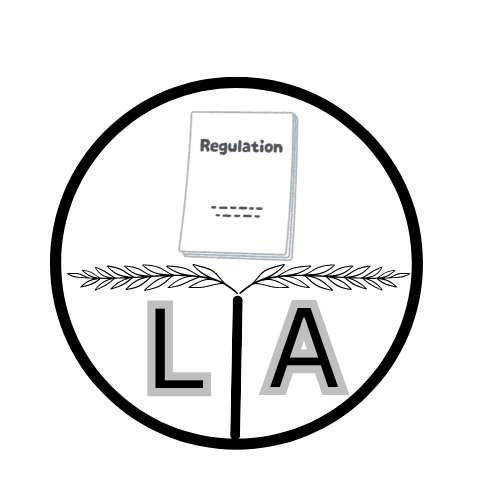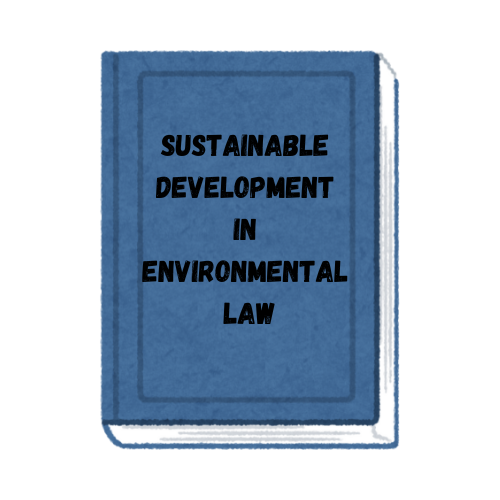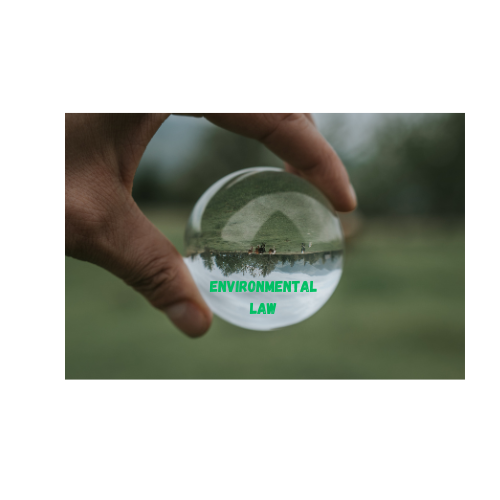Sustainable development in environmental law
Sustainable development in environmental law
Sustainable development in environmental lawSustainable development in environmental law
Sustainable development in environmental law
Sustainable development in environmental law
Sustainable development in environmental law
Sustainable development meaning:
Sustainable development means developing a country’s economy while protecting the environment for future generations. Economic progress often leads to environmental harm, such as land degradation, soil erosion, air and water pollution, and deforestation. This environmental damage can outweigh the benefits of producing more goods and services of higher quality.
Sustainable development is an approach to social, economic, and environmental planning aimed at balancing the needs of current and future generations with the necessity of preserving the natural environment. It seeks to address social and economic requirements while minimizing harm to the environment, ensuring that progress does not come at the expense of ecological stability. This balanced approach helps to maintain essential ecosystems and resources for generations to come.
Sustainable Development in Environmental Law
Sustainable development under environmental law emphasizes the responsible use of natural resources, the reduction of pollution and waste, and the promotion of renewable energy sources. It involves crafting legal frameworks that strike a balance between development goals and environmental conservation.
Sustainable Development in Environmental Law in India
The history of environmental rules in India goes back to ancient times. Important texts like the Vedas, Arthashastra, and Manusmriti highlighted the need to protect the environment. For example, the Vedas emphasized a positive relationship between people and nature, while the Manusmriti banned harming forests and wildlife. As modernization and industrialization progressed, environmental issues became urgent, leading to the need for official legal frameworks.
In 1950, India’s Constitution recognized the right to a healthy environment as a fundamental right under Article 21, which guarantees the right to life and personal liberty.
Sustainable Development in Constitution of India
The Constitution of India does not have specific laws that focus on sustainable development in environmental law. However, Article 47 does relate to environmental issues. It states, “The state shall regard the raising of the level of nutrition and the standard of living of its people and the improvement of public health as among its primary duties.” This means that the government has a responsibility to support public health and quality of life, which depend on a healthy environment. This connection is important for sustainable development.
After the Stockholm Declaration, the Indian Government made important changes to protect the environment by adding new laws in the 42nd Amendment Act of 1976 to the Constitution of India. This amendment included Articles 48(A) and 51(A)(g) in the Directive Principles of State Policy and Fundamental Duties.
Article 48(A) says, “The state shall endeavour to protect and improve the environment and safeguard the forests and wildlife of the country.” This means the government must focus on keeping the environment safe.
Article 51(A)(g) states, “It shall be the duty of every citizen of India to protect and improve the natural environment, including forests, lakes, rivers, and wildlife, and to show compassion for living creatures.” This highlights that everyone has a role in taking care of the environment.
Because of these amendments, the courts now have the power to get involved in environmental issues and take action to protect the environment.
Sustainable Development in Environmental Law- International Perspective
Sustainable development in environmental law is an important idea worldwide. It acknowledges that everything humans do affects the environment, often causing more harm than good. Human activities can disturb ecosystems, which are essential for the well-being of all living things, including humans.
Around the world, various efforts focus on protecting the environment through the idea of “Sustainable Development.” This concept encourages responsible development that satisfies current needs without harming future generations’ ability to meet their needs. It promotes a balanced approach that considers social, economic, and environmental factors, ensuring a healthy relationship between human activities and nature.
The Stockholm Declaration of 1972
The year 1972 marked a significant turning point in the history of global environmental governance. The United Nations organized the United Nations Conference on the Human Environment, which convened in Stockholm in June 1972. During this historic conference, a series of strategies and agreements were formulated to address environmental protection on a global scale.
The resulting Stockholm Declaration is often referred to as the “Magna Carta of the environment” as it stands as the first international document to explicitly declare the right to a healthy environment as a fundamental and independent right.
This declaration holds immense significance, laying the foundation for international environmental standards and principles that continue to guide nations worldwide. During the Stockholm conference, Prime Minister Mrs. Indira Gandhi of India emphasized the unique perspective of developing countries, highlighting that for them, development was not just a goal but a
means to enhance living.
Johannesburg Declaration on Sustainable Development 2002
The Johannesburg Declaration on Sustainable Development was created by delegates from around the world and marked an important step toward a sustainable future. It recognized ongoing challenges to our environment, such as losing biodiversity, declining fish stocks, desertification, climate change, natural disasters, and pollution of air, water, and marine ecosystems.
The declaration acknowledged that we can fight poverty while also achieving sustainable development and improving environmental laws. It stressed the need for effective, accountable, and cooperative global and regional organizations to support these efforts. Overall, the Johannesburg Declaration showed a shared commitment to using resources wisely for the benefit of everyone and addressing the urgent challenges that threaten our future.
Sustainable Development and Environment Protection
Sustainable development is no longer just the concern of governments; it is now a key issue for everyone. People and countries are realizing that current development models, often based on Western examples, are not sustainable. There is a growing need for a more active and responsible approach to development.
Information and communication technologies are important for achieving sustainable development. Programs like the ‘Sustainable Development Networking Program’ are essential to support this effort from the start.
Open spaces are important for the health of a city, often called its “lungs.” In 1996, the Supreme Court of India ordered the closure or relocation of certain industries in Delhi to make room for these open spaces, also known as ‘lung spaces.’ While some industries moved, many were hesitant to give up their land. This led the Supreme Court to state that delays in legal cases related to the environment should not happen in public interest matters.
The main aim of this order was to create open spaces for the public’s benefit. However, even after more than four years, this goal was not achieved. Some industries that followed the master plan for Delhi did not have to give up their land if they started operations after getting the necessary approvals, creating a different situation for those industries.
Conclusion
Sustainable development in environmental law is the compass guiding our collective journey towards a harmonious coexistence between human prosperity and ecological preservation. Rooted in the recognition that our actions today have profound implications for future generations, this principle underscores the imperative to strike a delicate balance between economic advancement, social equity, and environmental stewardship.
All subjects law notes : https://lawadhoctutorials.com/subject/
All subjects law notes in pdf : https://lawadhoctutorials.com/notespdf/
Law of torts lecture link on YouTube: https://youtu.be/fRx-i5fk3jo?si=QPnyduoa3IeZoI5W
All subjects law notes : https://lawadhoctutorials.com/subject/
All subjects law notes in pdf : https://lawadhoctutorials.com/notespdf/
Law of torts lecture link on YouTube: https://youtu.be/fRx-i5fk3jo?si=QPnyduoa3IeZoI5W
Free and easy to access law notes. The law notes are available for all law subjects. Please check the below-mentioned list for complete law notes.
Click on the specific subject to view its notes.


